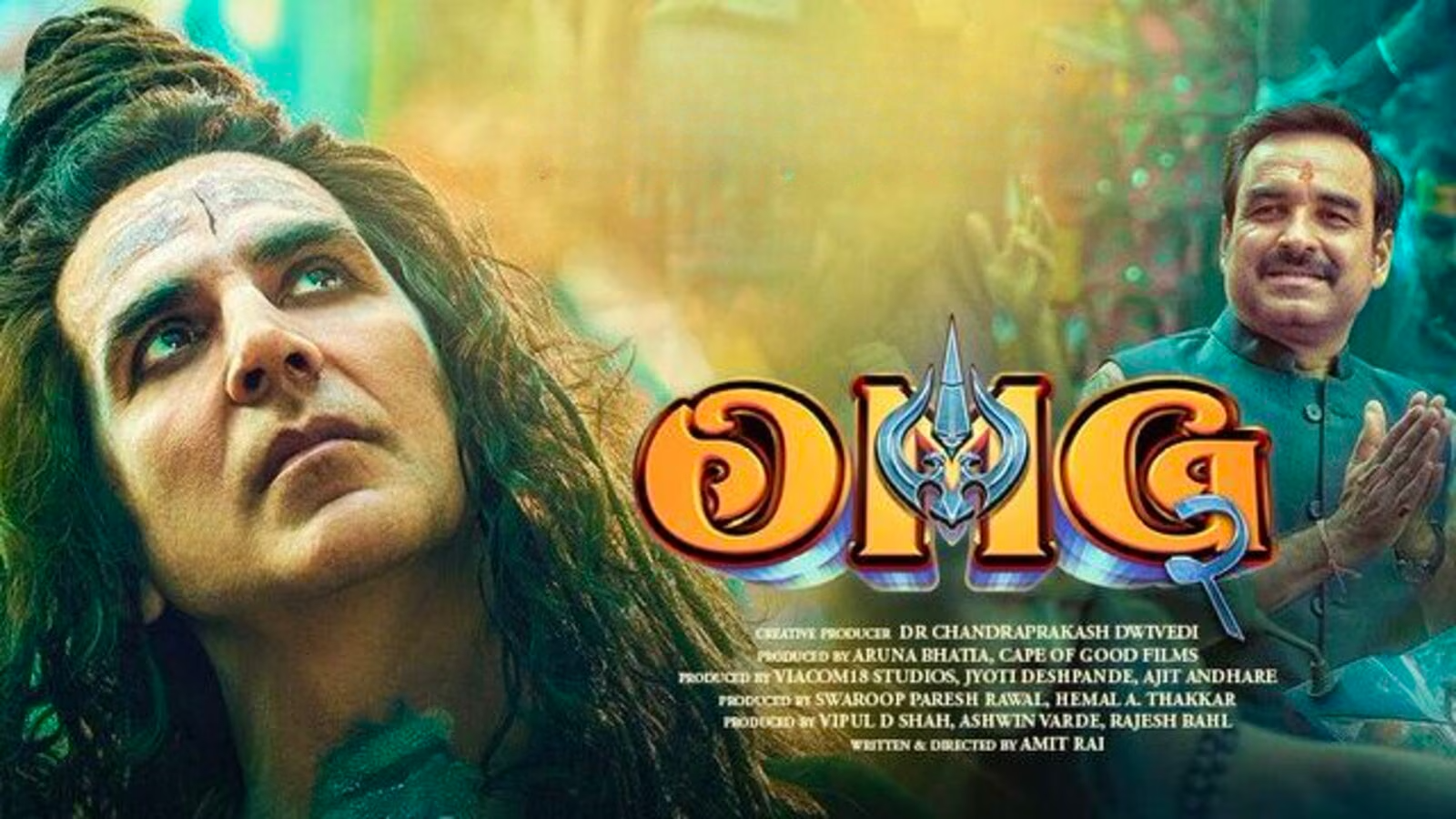Recently I went to watch OMG (Oh My God)-2 with my family- spanning three generations: my 30 year old son, wife and 83 years old mother. We decided to watch this film over Gadar 2 as all of us had enjoyed Paresh Rawal starrer OMG, released in 2012, writes Prof Mrinal Chatterjee

Little did I know that OMG-2 was on sex education, still a taboo subject in many households, including ours.

We felt embarrassed to watch the film. At certain point my wife whispered in my ear: let’s leave. But it would have more embarrassing to leave the movie hall midway. So we stayed on.
Set in Ujjain, considered to be a holy place, the film presented strong arguments in favour of sex education to dispel misconceptions leading to several physical and mental problems.
It is a fact that sex education is necessary, especially in countries like India which is still mired in superstitions.
Consider this: Globally, the leading cause of death for 15-year to 19-year-old girls is complications arising from pregnancy. It happens largely because of lack of knowledge and stigma attached to discuss it freely.
Sexologists, psychologists, and behavioral scientists opine that teenagers are curious about sex. Their body is going through a transformation, and they want to understand these changes. India, where every fifth person is between the ages of 10 and 19, has the largest proportion of adolescents in the world – over 253 million.
Without proper and scientific sex education, they are exposed to the plethora of myths and misconceptions related to sex. Free discussion on sex with elders in the family being a taboo in India makes things more difficult for them.
Topics like sexually transmitted infections (STIs) and reproductive tract infections (RTIs) and their adverse outcomes (such as cancer and infertility); unintended pregnancy and abortion; sexual dysfunction; sexual violence; and harmful practices (such as female genital mutilation, FGM) should be included in academic curriculum so that young men and women are aware of it.
India’s National Population Policy also reiterates the need for educating adolescents about the risks of unprotected sex. In fact, in 2005, adolescent reproductive and sexual health education was initiated which covered sexually transmitted diseases, consent, attraction, gender and sexuality among others.
Later on, it was banned and 12 Indian states declared it “inappropriate” and said that it can “increase risky behaviour” among adolescents.
Here lies the major problem related to sex education. Our embarrassment to watch a movie that foregrounds the need for sex education is symptom of the deep rooted problem.
Probably with time and sustained effort, we shall overcome the problem.
Coming back to the movie, Pankaj Tripathy as the Shiva-bhakt middle class father was very good. One dance sequence with Akshay Kumar attempting Purulia Chhau style jumps and twirls was particularly good.
(The author is Regional Director Indian Institute of Mass Communication, IIMC Dhenkanal. Views are personal)






















